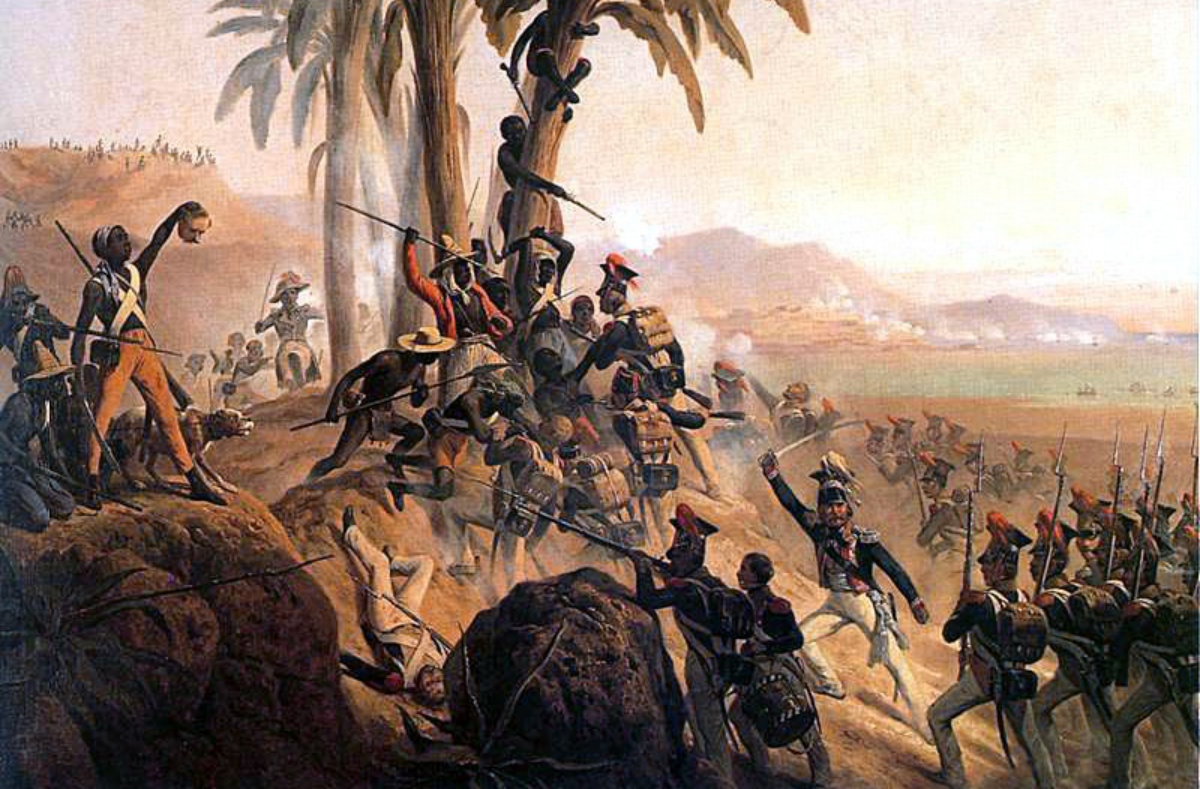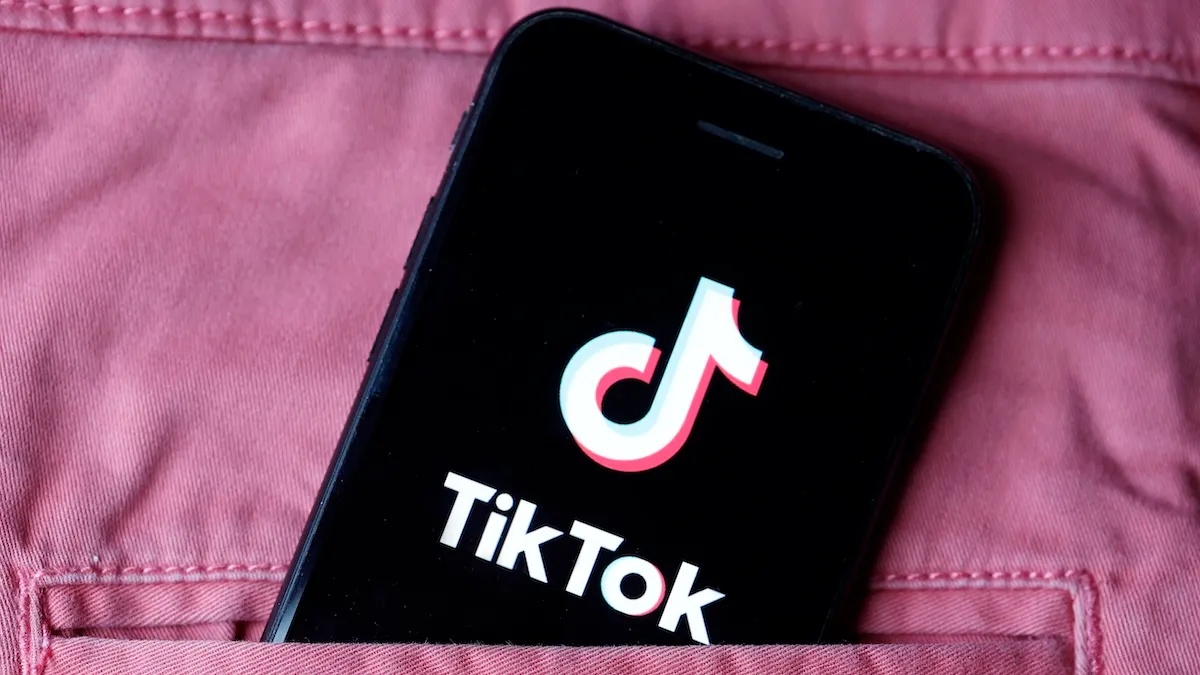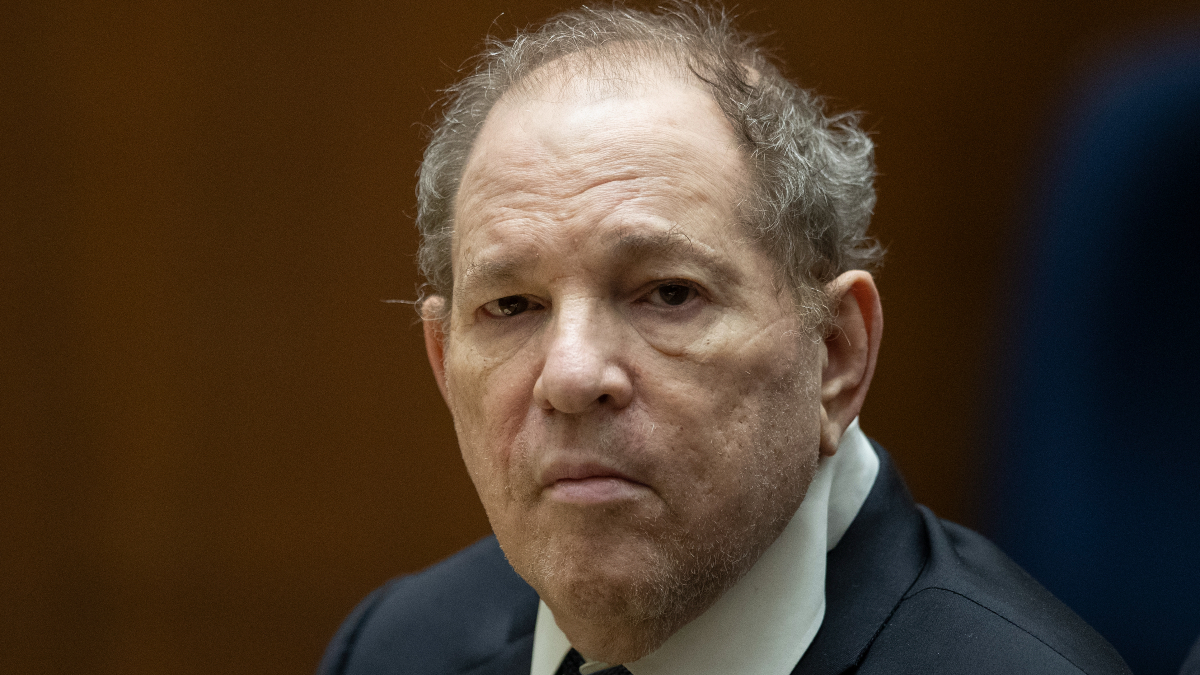There are dozens of slave rebellions that have taken place across the diaspora where slavery existed. Countless people were stolen from their homeland and put into slavery—slavery that differed from the ancient world in that it explicitly and directly used race, not right of conquest, as the perceived validity of the institution. During Black History Month, I want to highlight some of the slave rebellions that have taken place across North America, South America, and the West Indies as a reminder that Black people, no matter where they were in the world, were not passive in the fight for their own freedom and emancipation. This is Freedom Friday.
But this time on a Wednesday.
Last week, everything that went on with the Jussie Smollett case (and is still ongoing) just left me in a state of malaise in which I wasn’t sure if I was going to finish out this series the way I’d wanted to, but a recent piece from FiveThirtyEight reminded me as to why I desired to talk about this subject in the first place.
They reported that a July 2018 survey “from the left-leaning Data for Progress found that 26 percent of Americans supported some kind of compensation or cash benefits for the descendants of slaves.” This survey was done in response to both Sens. Elizabeth Warren and Kamala Harris vaguely saying they were open to the idea of paying reparations to Black Americans “as restitution for slavery.” It’s an idea that is very unpopular but has been pushed into public consciousness again due to the writings of Ta-Nehisi Coates, in his 2014 essay “The Case for Reparations.”
Growing up with predominantly white educators until high school, my concept of reparations was formed by them and their idea that it didn’t make sense—a handout that would “demean” Black people. Other than that, it was something that I would hear referenced in comedy and treated with an air of delusion, even in Black areas, until Coates. However, it wasn’t until fairly recently that I’ve found myself radically Team Reparations, and it surrounds one country: Haiti.
The Haitian Revolution
As this is going to be a long post, I don’t want to bury the lede, so before we get into the blood and guts of the whole thing here, for the TL;DR crowd: Despite winning their freedom, the people of Haiti were required to pay the equivalent of $21 billion dollars in today’s money, under duress by France, which was a massive economic hinderance. They became independent in 1804; they didn’t pay off the debt until 1947. Now, let’s go back to the beginning.
To just lay out the scope of things, the Haitian Revolution has a lot of historical importance for a number of reasons: It was the reason the United States got the Louisiana Purchase from France, was the largest slave uprising since Spartacus’s, challenged of the Western ideas about the innate inferiority of Black people, and showed Black people enslaved across the world that they could fight and win against their oppressors.
That’s why Europeans were so quick to put them in their place.
Slavery in the Carribean was a cruel, often short life, where you were worked to death and then replaced with new enslaved peoples from Africa at the drop of a hat due to diseases, such as malaria and yellow fever, causing high mortality.
In 1787 alone, the French imported about 20,000 slaves from Africa into Saint-Domingue (Haiti), while the British imported about 38,000 slaves total to all of their Caribbean colonies. At least 50% of the slaves from Africa died within a year of arriving. This, in the eyes of the French, made Black people nothing more than beasts of burden to be used up until there was nothing left and the ocean could take them. Slaves also had no legal rights, so for Black women, rape by masters, their unmarried sons, or white overseers was a common occurrence on plantations.
The cruelty continued in severe punishments that rivaled other places in the slaveholding Empires. Whenever a slave left the plantation or disobeyed their masters, they were subjected to whippings or torture in the forms of castration or burning, both as a personal lesson and as a threat for other slaves who greatly outnumbered the white population.
This happened despite weak attempts from the Royals back in France to attempt to regulate that type of violence. Without the power to actually enforce such policies, most of the codes in the “Code Noir” to protect slaves were broken constantly.
And then the French Revolution began. The National Assembly made some radical changes in French laws and published the Declaration of the Rights of Man, which declared all men free and equal—then someone mentioned the slaves. In a genuine twist, the French National Assembly actually did agree to end slavery and abolished slavery in French colonies abroad.
Yay.
Oh, but when Napoleon took over, he brought back slavery because of his wife, Marie Josèphe Rose Tascher de La Pagerie, or as I like to call her, Jo—the daughter of slave owners who didn’t want to drop in the tax bracket. Vive La Révolution.
I’m sure, at this point, you’re waiting for an important name to come up: François-Dominique Toussaint Louverture. Toussaint Louverture, despite the lack of fully accurate birth records, is assumed to have been around fifty years old when led the Revolution in Haiti.
He was born a slave but became a free Black man in his thirties, educated enough to read and write on his own. During his time as a free man, he was said to have amassed a bit of wealth for himself on the island—not exactly the usual trappings of a revolutionary.
In May 1791, after the white slave owners refused to recognize the freedom of the slaves as laid out by the French National Assembly, the seeds of the rebellion began to take place, and when the signal to fight was raised by slaves on 14 August, the Haitian revolution began in earnest.
I don’t want to get into the full military history of the Haitian revolution and its twists and turns. I made sure to leave a full-throated list of sources down below for all your needs, but I’ll just pick some of the important things that are worth discussing.
So initially, the goal of Black Haitians wasn’t even to be independent of France. They just wanted the Freedom that had already been given to them through the National Assembly. Under the military leadership of Toussaint Louverture, the forces he commanded, of mostly of former slaves, ending up winning against both the British and Spanish forces that had come to the island during the revolution, and Louverture actually gave a lot of power back to France.
It wasn’t until 1801 that he circulated a constitution for Saint-Domingue that called for black autonomy and a sovereign black state.
Napoleon was not a fan and sent forces to Saint-Domingue with the secret mission to restore slavery. The French thought they would return to the island and all the Black would be excited to go back to slavery because it was “their natural state,” and they were really shocked that the Black people hated them so much. *Deep sigh.*
Despite their attempts, the French did not succeed, with most of their troops dying from yellow fever and the rest being hospitalized, including one of their commanders. The man who replaced him was the Vicomte de Rochambeau, and he wanted to essentially commit genocide against the black Haitian people. He drowned so many people in the water that men wouldn’t want to eat the fish there because they’d have feasted on human flesh.
Eventually, Jean-Jacques Dessalines, the man who took up after Louverture was killed, defeated Rochambeau, and on 1 January, 1804, Dessalines officially declared independence and renamed the island “Haiti” after the indigenous Arawak name.
The Haitian Revolution was brutal, as was the aftermath. It’s no surprise that a people who had spent their lives brutally enslaved and had to deal with thousands of violent deaths on their side would then have a brutal way of handling their independence. The 1804 Haitian massacre of the white population of the island colored the way the United States would see the idea of freeing slaves, for fear of the violence that would come their way.
George Washington found the news about the slave revolt in Haiti “lamentable,” and it’s no wonder why. The revolt in Haiti and its independence, the rage that it came from, was a beacon to every Black person living under the lash. The Haitian Revolution inspired slaves across the diaspora to revolt for their freedom, and that is what made Haiti so dangerous.
In 1825, France arrived on the shores of Haiti with warships at the ready. France demanded Haiti compensate France for its loss of slaves and its slave colony. Therefore, in exchange for the French accepting Haiti as a sovereign republic, France demanded payment of 150 million francs and that Haiti discount its exported goods to them by 50%.
It took Haiti 122 years, to pay off both the original ransom and the “tens of millions more in interest payments borrowed from French banks to meet the deadlines.” This bleeding of the country is how Haiti went from producing 60% of the world’s coffee and 40% of the world’s sugar imported by France and Britain in 1789, the wealthiest and most prosperous colony of all the colonies in the Caribbean, to one of the poorest nations on Earth.
The economic instability helped create the political instability, with Haitians having endured more than 30 coups and a series of dictatorships, all the while giving money to their former owners through two World Wars.
Haiti has asked for reparations from France, but the chances of that happening are slim to none.
As a Global Research article asked in 2013:
“Europeans and North Americans regularly dismiss demands for reparations, saying the crimes of slavery and colonialism were committed by their ancestors. If we accept the logic that responsibility for these crimes does not belong to the current generation, then we must also conclude that the great wealth reaped from those crimes—which facilitated Europe’s and North America’s primitive accumulation of capital and world dominance today—should also not belong to the descendants of slave-owners and colonists.
“Why couldn’t and shouldn’t the billions now spent on policing, intimidating, and repressing the Haitian people be invested in the Haitian police, agriculture, education, and healthcare? This is what most Haitians ask today.”
The conversation about reparations is not going anywhere, because as we talk about economic equity, especially on the progressive left, there is no way to avoid the topic. If the British government could give payouts to slaveowners for their loss of property, why are they not compelled to help build up or give some sort of economic restitution to the islands they created to bring them wealth?
If France, with the 6th largest economy in the world, could economically violate Haiti for 122 years, why are they not accountable for reparations? If Black Americans built this country and have had to deal with systematic inequality from the boats to the present day, why is it unreasonable to give them reparations?
It’s because, in the eyes of many, slavery is not something with far-reaching socio-economic repercussions for modern-day Black people. It’s just history.
Haiti was free of its economic debt to France seventy-two years ago. In perspective, Bernie Sanders was around five years old when Haiti paid it off. Joe Biden was four. Donald Trump was born the same year. This is not history; this is within the lifetimes of people who are around today.
I put all of this out there to illustrate that the discussion about reparations is not only important, but it is also fair when talking about economic equity. I have no delusions that this will change the majority of people’s minds. Still, I hope it gave you some food for thought.
Do you hear the people sing?
Singing the song of angry men?
It is the music of the people
Who will not be slaves again!
When the beating of your heart
Echoes the beating of the drums
There is a life about to start
When tomorrow comes!
Recommended Reading:
Haiti: The Aftershocks of History by Laurent Dubois
The Old Regime and the Haitian Revolution by Malick W. Ghachem
Avengers of the New World: The Story of the Haitian Revolution by Laurent Dubois
Haitian Revolutionary Studies (Blacks in the Diaspora) by David Patrick Geggus
Confronting Black Jacobins: The U.S., the Haitian Revolution, and the Origins of the Dominican Republic by Gerald Horne
The Black Jacobins: Toussaint L’Ouverture and the San Domingo Revolution by C.L.R. James
Discourse on Colonialism by Aimé Césaire
The Counter-Revolution of 1776: Slave Resistance and the Origins of the United States of America by Gerald Horne
Arrogant Armies: Great Military Disasters and the Generals Behind Them by James M. Perry
(image: January Suchodolski / WikiCommons)
Want more stories like this? Become a subscriber and support the site!
—The Mary Sue has a strict comment policy that forbids, but is not limited to, personal insults toward anyone, hate speech, and trolling.—









